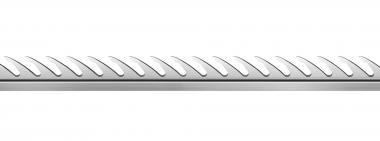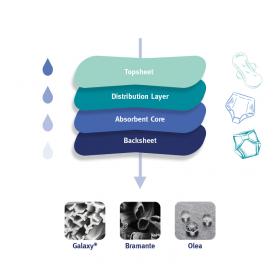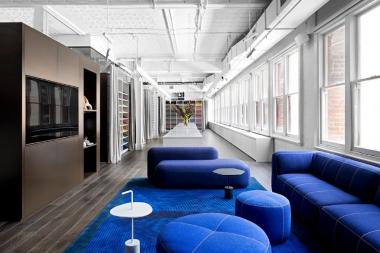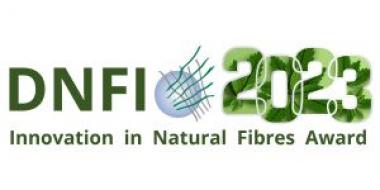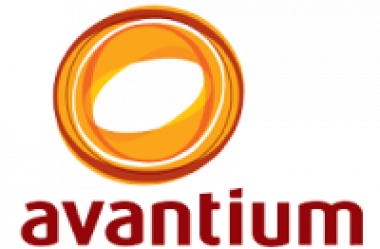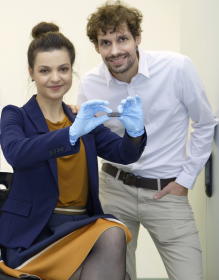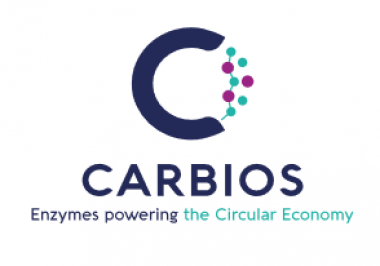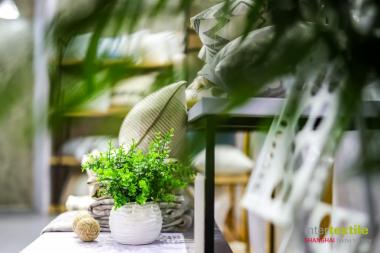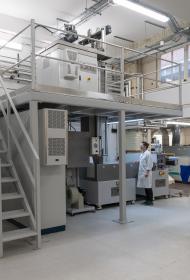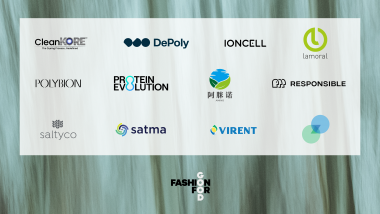Archroma announces CEO Transition
Archroma, a global leader in sustainable specialty chemicals and solutions for the textiles, packaging & paper, paints and coatings industries, announced its transition plan for the role of Chief Executive Officer (CEO). Heike van de Kerkhof, CEO of Archroma since January 2020, will step down effective April 30, 2023, to focus on other career opportunities. Mark Garrett, a seasoned industry executive, will assume the role of interim CEO.
Miguel Kohlmann, Chairman of the Board of Directors of Archroma, said “On behalf of the Board of Directors, I would like to thank Heike for her leadership and tireless dedication to Archroma. Heike joined the company in January 2020 as CEO and has meaningfully advanced the company’s sustainability, innovation, and customer-focused business model, while also successfully closing the transformational acquisition of Huntsman’s Textile Effects business, which will substantially enhance Archroma’s capabilities in serving its customers and markets. We would like to thank Heike for her great contributions through this substantial period of growth and wish her continued success in her next endeavors.”
Kohlmann continued, “The Board remains committed to accelerating the growth of Archroma and to continuing to provide our customers with the systems, solutions, innovation and technical support that they have come to expect from us, while providing enhanced opportunities for Archroma’s employees. We are enthusiastic about Mark Garrett joining Archroma as interim CEO, a seasoned executive who brings substantial industry experience which encompasses directly relevant knowledge of Archroma’s product portfolio and end markets. Mark has served in the capacity of Chairman and CEO and in senior executive leadership roles with companies such as OMV/Borealis, Marquard & Bahls, Ciba Specialty Chemicals and DuPont. He is a proven leader and the perfect choice to serve as Archroma’s interim CEO. The Board has strong confidence in Archroma’s leadership team and is focused on continuity during this period of transition.”
Archroma










